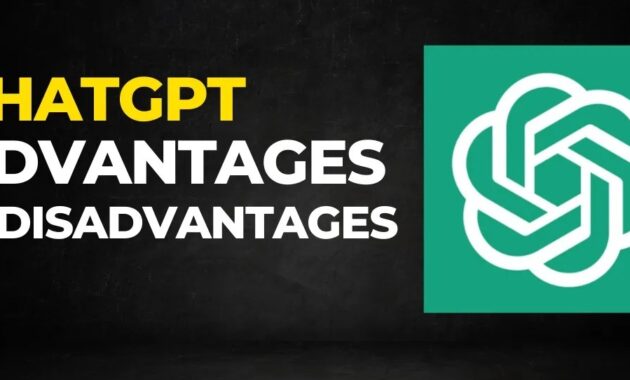
Understanding the Advantages and Limitations of Chat GPT: A Comprehensive Analysis Certainly, let’s dive into a comprehensive analysis of the advantages and limitations of ChatGPT:
Advantages and Limitations of Chat GPT
Advantages:
- Natural Language Understanding: ChatGPT demonstrates a remarkable ability to understand and generate human-like text, making it a powerful tool for various natural language understanding tasks.
- Conversational Abilities: It can engage in coherent and contextually relevant conversations, making it suitable for chatbots, virtual assistants, and customer support applications.
- Content Generation: ChatGPT is capable of generating high-quality written content, saving time and effort for content creators in various fields.
- Language Translation: It can be fine-tuned for language translation tasks, providing a competitive alternative to traditional machine translation systems.
- Text Summarization: ChatGPT can summarize lengthy texts accurately, facilitating the extraction of essential information from documents.
- Coding Assistance: Developers can use it to generate code snippets from natural language descriptions, aiding in programming tasks.
- Creative Writing: Authors and screenwriters can use ChatGPT for ideation, plot development, and character dialogue generation.
- Education: It can serve as a tutor or learning assistant, providing explanations and answers to questions across a wide range of subjects.
- Research and Knowledge Extraction: Researchers find value in using ChatGPT to extract information from large datasets, assist in literature reviews, and generate hypotheses.
- Accessibility: It can assist individuals with disabilities by converting text to speech and aiding in text-based communication.
Limitations:
- Biases: ChatGPT can generate biased or politically incorrect content because it may inadvertently learn biases present in the training data. This poses ethical concerns and calls for careful moderation.
- Lack of Common Sense: It lacks real-world knowledge and common sense reasoning, which can result in responses that appear plausible but are factually incorrect or nonsensical.
- Inappropriate Content: It can generate content that is offensive, inappropriate, or harmful, which necessitates strict content filtering and moderation.
- Limited User Control: Users have limited control over the generated output, making it challenging to enforce specific guidelines or preferences in responses.
- Long-Winded Responses: ChatGPT tends to produce overly verbose responses and may not always provide concise answers.
- Contextual Understanding: While it can maintain context in relatively short conversations, it may struggle in longer, more complex discussions.
- No Real Understanding: ChatGPT lacks genuine comprehension; it generates responses based on patterns in the training data, without true understanding.
- Resource Intensive: Deploying and using large language models like ChatGPT can be computationally expensive and may require substantial hardware resources.
- Data Privacy: The use of ChatGPT for sensitive data poses privacy risks, as it may inadvertently generate information that should remain confidential.
- Energy Consumption: Training and running large language models consume significant amounts of energy, contributing to environmental concerns.
In conclusion, ChatGPT represents a groundbreaking advancement in natural language processing but comes with its share of advantages and limitations. Its potential benefits across various applications are evident, but developers and users must remain vigilant in addressing the ethical and practical challenges it presents. Continued research and responsible deployment are essential to harness its advantages while mitigating its limitations.